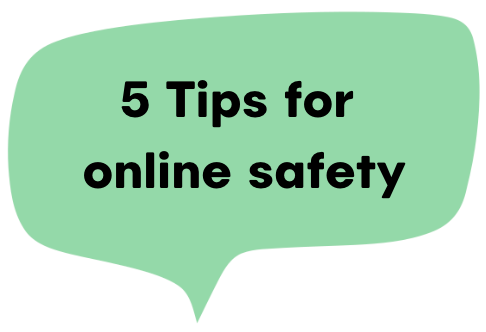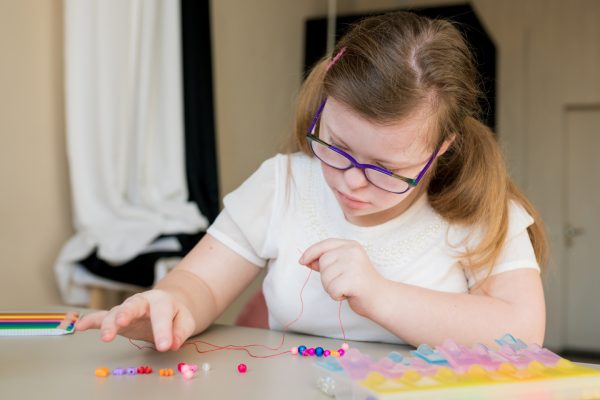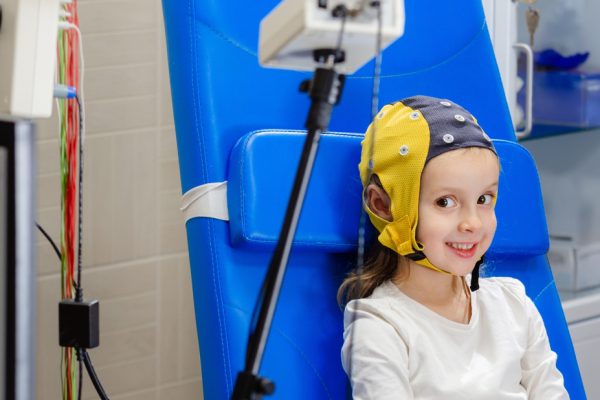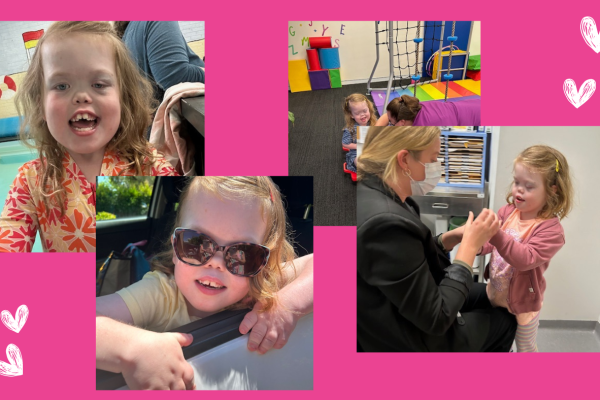
Navigating the MINEFIELD of technology and safety
By Rebekah Devlin
These days, technology is part of our everyday lives. From video streaming to social media and gaming, most kids have been exposed in one way or another, often from an early age.
Spending time online can be a fun and sociable experience. Gaming, in particular, can encourage the development of important skills such as teamwork and problem solving.
This is all great, but as our kids spend more and more time online, many parents are asking, “how can I keep them safe?” Gaming expert Jessica Rowlings from Next Level Collaboration says online gaming can be a fantastic opportunity for children to form friendships through communities that have a shared interest.
Next Level is focussed on helping to keep autistic children safe online, but Jessica (who is herself autistic) says the same principles apply to kids across the board.
“Gaming online can be a really positive experience. Being aware of online safety helps support young people to not only continue positive gaming, but also build social connections with others based on mutual interests,” she says.
WHAT ARE THE RISKS OF ONLINE GAMING?
While there are many benefits to online gaming for children and young people, it’s important to be aware of some of the risks that they might encounter while gaming online and how to overcome these.
Gaming can provide a sense of escaping reality, and the social aspect of some games can help kids to feel as though they are part of a community. This is all really positive, however, without the right guidance and parameters, they may be exposed to risks such as in-game bullying or even online grooming.
PLAYING WITH STRANGERS
Online gaming opens up a world of possibilities in terms of social interaction. Put simply, games are much more fun when you have someone else to play with!
Gaming online with “real-life” friends can, and should, be encouraged. But parents must be aware that this can easily lead to kids playing online with people they don’t know.

Check the settings on your child’s game. Most games have privacy settings which ensure they are only able to connect and interact with known users. This means that whilst they may be in a “world” with many other people, they are only able to “chat” and interact with their friends.

Don’t allow your child to include any information that could is their screen name, which can be seen by everyone playing the game.
CYBER BULLYING
Despite the many social benefits of gaming, kids can also encounter risks such as online bullying. While bullying and harassment can sometimes happen online, the key is to open the lines of communication so you can address it with your child.


Talk with your kids and prepare them for the kinds of negative “bullying” behaviour that they may experience online. Importantly, make sure they know they can come to you if they are being harassed.
VIRUSES AND MALWARE
Some games may encourage kids to download free “cheats”. It’s imperative to make sure that kids know the risks and impacts that cheating can have when playing online with others, or by themselves.


Teach kids not to open links or downloads they receive, no matter the origin. This might be a virus or even an attempt to steal personal information.


Make sure you have reliable antivirus software installed on all family devices (even if the kids think this might slow down their game).
EDUCATION IS KEY
To keep your kids safe online, it’s important to educate them about healthy gaming habits and teach them strategies to implement those habits in a positive way. It’s also important to educate yourself.
Jim Mullan, CEO of leading autism organisation Amaze, says autistic children and young people may be particularly vulnerable online because they are typically more trusting, less deceptive and can have difficulty interpreting metaphors, sarcasm and indirect language.
“Gaming online can be great, as long as it’s safe,” he says. “At Amaze, we’re keen to help families keep their autistic kids safe when online. That’s why we developed
a series of informative webinars. The webinars are free and, although they focus on autistic kids, are available to everyone.”
The webinars, designed to support young autistic people with healthy online video gaming, were made possible through funding from the Federal Government’s eSafety Commission.
The next Amaze gaming webinar will be held on September 10. Hosted by Jess Rowlings and Dr Matthew Harrison from Next Level Collaboration, it focuses on the benefits of online gaming in developing skills and knowledge in social capacity, collaboration and positive autistic identity.


- Don’t include any information that could be used to identify you (like your real name or age) in anything that is publicly viewable. One example of this is your screen name, which can be seen by everyone playing the game.
- Learn about the privacy features in your game or platform and adjust them to limit who can see your details, or contact you. Most settings have an option to be accessible to your friends only.
- Learn where and how to use block and report features. Most online games allow players to block other users and report inappropriate behaviour to a moderation team. You can also report online abuse, bullying or harm to Australia’s independent regulator for online safety, the Office of the eSafety Commission.
- Don’t click on links or download files from other users. This is a common method for installing viruses or malware on computers, or attempts to steal your personal information.
- For parents, take time to learn about the game and understand how it works. A great way of doing this is to have a gaming session with your child where they teach you how to play!
To listen to recent webinars or register for the next one, visit amaze.org.au/news-and-events/ events/esafety-webinars






